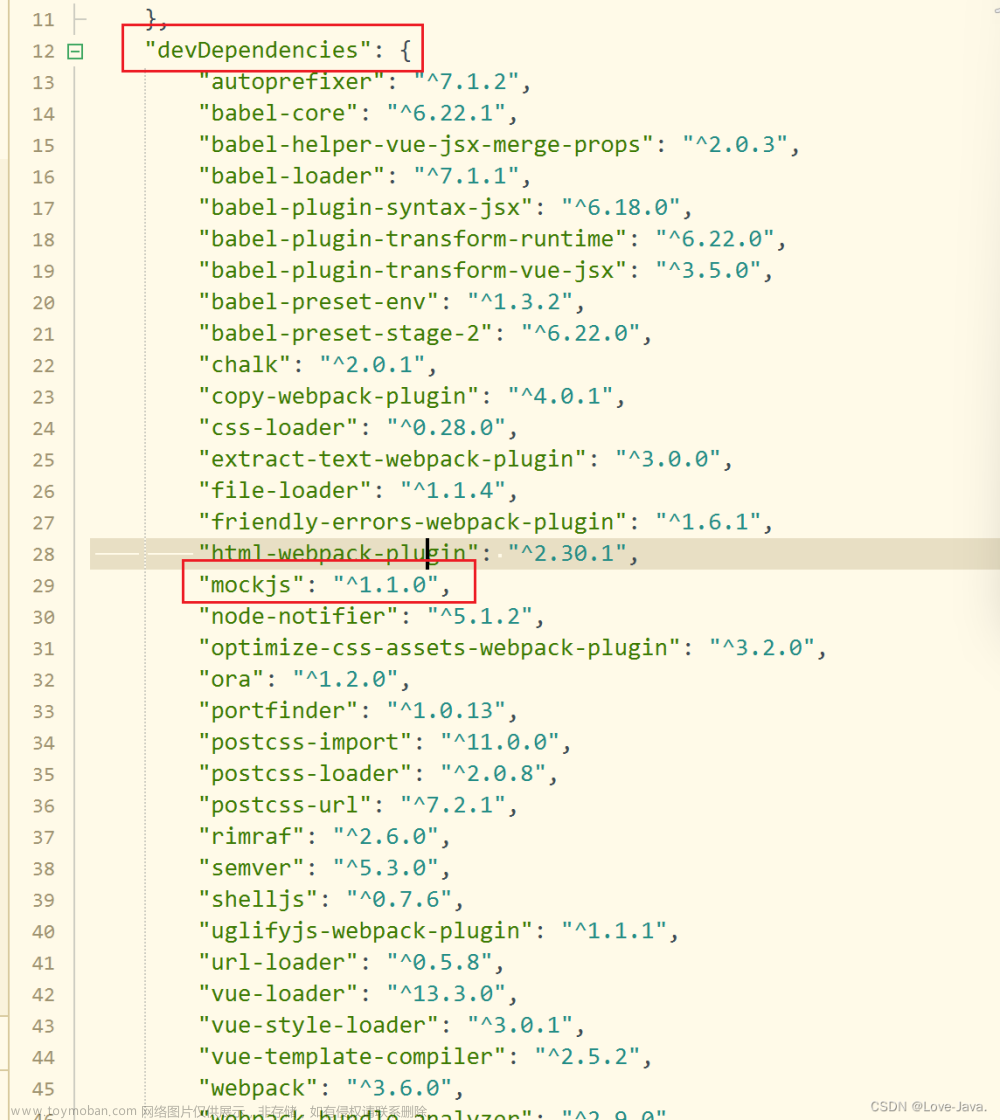html代码例子
父组件
<el-cascader
style="width: 100%"
@change="unitIdChange"
:options="unitOptions"
filterable
v-model="formInline.unitId"
:props="unitProps"
/>
</el-form-item>
//改变级联传值到这个组件里面
<resource-view :resourceList="formInline.resourceList" ref="resourceRef"></resource-view>
子组件
<el-form label-position="right" label-width="auto" :model="formData" :disabled="flag == '1'" :rules="rules" ref="addRef">
<el-table :data="resourceList" style="width: 100%; margin: 10px 0" max-height="250" border>
<el-table-column fixed prop="ipAddr" label="IP地址" width="250">
<template #default="{ row, $index }">
<el-form-item style="width: 100%" :prop="`resourceList.${$index}.ipAddr`" :rules="rules.ipAddr">
<el-input type="text" :disabled="flag == '1'" placeholder="输入IP地址" v-model="row.ipAddr"></el-input>
</el-form-item>
</template>
</el-table-column>
<el-table-column prop="locationAreaId" label="所在网络区域">
<template #default="{ row, $index }">
<el-form-item :prop="`resourceList.${$index}.locationAreaId`" style="width: 100%">
<el-tree-select
style="width: 100%"
:disabled="flag == '1'"
v-model="row.locationAreaId"
:data="locationAreaIdOptions"
node-key="networkId"
:render-after-expand="false"
:check-strictly="true"
:props="networkIdProps"
/>
</el-form-item>
</template>
</el-table-column>
<el-table-column prop="cloudPlatformId" label="所属云平台">
<template #default="{ row, $index }">
<el-form-item :prop="`resourceList.${$index}.cloudPlatformId`" style="width: 100%">
<el-tree-select
style="width: 100%"
:disabled="flag == '1'"
v-model="row.cloudPlatformId"
:data="cloudPlatformIdOptions"
node-key="cloudId"
:render-after-expand="false"
:check-strictly="true"
:props="cloudProps"
/>
</el-form-item>
</template>
</el-table-column>
<el-table-column prop="applicationId" label="系统项目">
<template #default="{ row, $index }">
<el-form-item :prop="`resourceList.${$index}.applicationId`" style="width: 100%">
<el-select :disabled="flag == '1'" v-model="row.applicationId" style="width: 100%" placeholder="请选择">
<el-option v-for="item in applicationOptions" :key="item.value" :label="item.label" :value="item.value" />
</el-select>
</el-form-item>
</template>
</el-table-column>
<el-table-column fixed="right" label="操作" width="120" v-if="!flag">
<template #default="scope">
<el-button link type="danger" size="small" @click.prevent="deleteRow(scope.$index)"> 删除 </el-button>
</template>
</el-table-column>
</el-table>
</el-form>
<el-button v-if="!flag" class="mt-4" style="width: 100%; margin-bottom: 10px" @click="onAddItem">添加</el-button>
</template>
ts文章来源:https://www.toymoban.com/news/detail-618950.html
// 设置级联选择器的属性
const unitProps = {
checkStrictly: true,//是否严格的遵守父子节点不互相关联
emitPath: false,//是否返回数组
filterable: true//是否可以搜索
};
//改变级联的值并且传值
const unitIdChange = (val: any) => {
//传true为新增,false为编辑
resourceRef.value.getApplyList(val, true);
};
子组件接收的方法
//获取应用系统
const getApplyList = (val: any, isChange: any) => {
//判断是否是change,是change才清空
if (isChange) {
resourceList.value = resourceList.value.map((item: any) => {
item.applicationId = "";
return item;
});
}
getApplyListByUnitId(val).then((res: any) => {
applicationOptions.value = res.data;
});
};
例子展示
单位级联展示
根据单位加载系统项目 文章来源地址https://www.toymoban.com/news/detail-618950.html
文章来源地址https://www.toymoban.com/news/detail-618950.html
到了这里,关于element 级联 父传子的文章就介绍完了。如果您还想了解更多内容,请在右上角搜索TOY模板网以前的文章或继续浏览下面的相关文章,希望大家以后多多支持TOY模板网!










